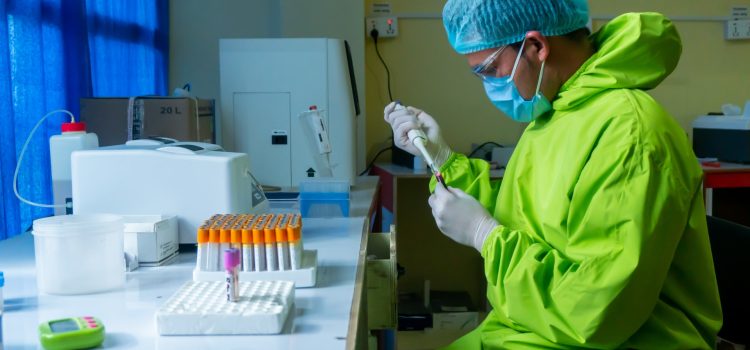
Personalized medicine, also known as precision medicine, is a revolutionary concept that seeks to unlock the power of individualized treatment for each patient. By taking into account an individual’s genetic information and lifestyle, personalized medicine has the potential to revolutionize healthcare in numerous ways, from diagnostics and treatments to outcomes management. This blog post will discuss the principles of personalized medicine and how it can be used to improve patient outcomes. From the use of data-driven algorithms to customize treatments, to engaging patients on a deeper level, we will explore how this new type of medicine is revolutionizing the healthcare industry and what you need to know about it.
How to get started with personalized medicine.
If you’re like most people, you probably think of personalized medicine as something that only happens in science fiction movies. But the truth is, personalized medicine is becoming a reality for more and more people. And it’s not just for those with rare or life-threatening conditions.
So, what exactly is personalized medicine? Personalized medicine is a approach to healthcare that takes into account an individual’s unique genetic makeup. This information is used to tailor treatments and preventive measures that are most likely to be effective for that person.
Sounds pretty amazing, right? So how do you get started with personalized medicine? Here are three things you need to know:
1. You may already be benefiting from personalized medicine without even realizing it. If you’ve ever had your DNA tested for ancestry purposes, you’ve actually taken the first step towards personalized medicine. That’s because the same technology that’s used to trace your family tree can also be used to identify genes that may predispose you to certain diseases. And this information can help your doctor determine which screenings and preventive measures are right for you.
2. Personalized medicine isn’t just for people with serious health conditions. While it’s true that personalized medicine can be a lifesaver for those with rare or difficult-to-treat conditions, it can also benefit anyone who wants to take a more proactive approach to their health. For example
What are the benefits of personalized medicine?
Personalized medicine is an emerging field of healthcare that tailors treatments to the individual patient. By taking into account a person’s unique genetic makeup, lifestyle, and medical history, personalized medicine has the potential to revolutionize the way we prevent and treat disease.
There are many potential benefits of personalized medicine. Perhaps most importantly, personalized medicine has the potential to improve patient outcomes by providing more effective and targeted treatments. In addition, personalized medicine could help to reduce healthcare costs by preventing or delaying the onset of disease. Finally, personalized medicine could also lead to earlier detection of disease, allowing for prompt and effective treatment.
If you are considering pursuing personalized medicine, it is important to consult with your healthcare provider to discuss whether it is right for you.
What are the challenges of personalized medicine?
Personalized medicine has the potential to revolutionize healthcare, but there are still some challenges that need to be addressed before it can reach its full potential. One of the biggest challenges is developing accurate and reliable predictive models. These models need to be able to accurately identify which patients are likely to respond to a certain treatment and which ones are not. Another challenge is the high cost of personalized medicine. The technology and expertise required to develop personalized treatments can be expensive, and not all patients will be able to afford it. Finally, there is a lack of data on many rare diseases, which makes it difficult to develop personalized treatments for these conditions.
How can you take advantage of personalized medicine?
The promise of personalized medicine is that it can tailor treatments to an individual’s unique genetic makeup, providing more effective and targeted care while reducing side effects. It is still in its early days, but there are already many ways that patients can take advantage of personalized medicine.
For example, if you have a family history of a certain disease, you may be able to get genetic testing to see if you are at risk. This can help you make informed decisions about your health and potentially catch the disease early. If you have a chronic illness, you may be a candidate for precision medicine, which uses genomic sequencing to find the best treatment for your particular case. And if you are taking medication for a mental health condition, you may be able to participate in a clinical trial testing a new drug that is tailored to your DNA.
Personalized medicine is still evolving, but there are already many ways that patients can take advantage of its benefits. Talk to your doctor about whether genetic testing or precision medicine might be right for you. And keep an eye out for new clinical trials that could help you get the most effective treatment possible.










